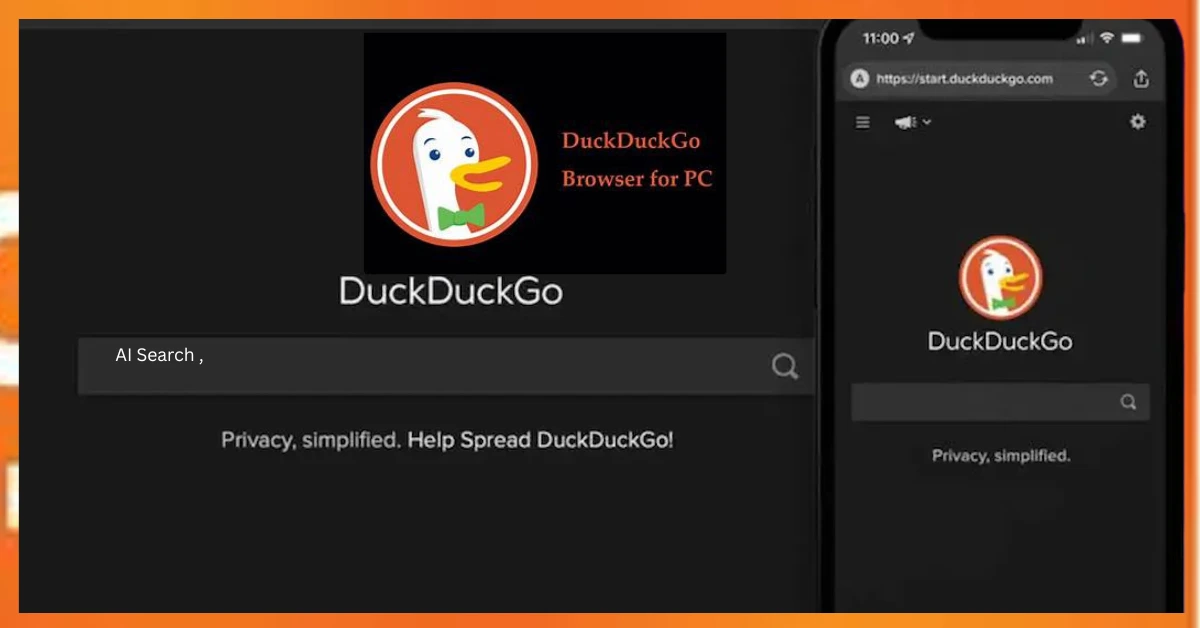In today’s world, computers, laptops, and other devices are part of everyday work and personal life. When they stop working or show errors, everything comes to a halt. That’s where remote IT support tools come in. These tools let experts fix your tech problems from anywhere without coming to your home or office. This not only saves time but also helps avoid long downtimes. Whether it’s a software crash, virus issue, or a system error, remote IT tools make solving problems quick and simple.
What Are Remote IT Support Tools?
Remote IT support tools are software that allows IT professionals to connect to your computer or network through the internet. They can see your screen, control your device, run programs, and fix any issues without being physically present. These tools help solve problems faster and are widely used by companies, freelancers, and even schools.
Some popular examples include:
- TeamViewer
- AnyDesk
- ConnectWise Control
- Zoho Assist
- Chrome Remote Desktop
These tools offer many features like file sharing, voice support, screen sharing, and secure access, which make the whole process smooth.
Why Remote IT Support Is Important?
Remote IT support tools are helpful for many reasons. Some of the top benefits include:
- Speed: You get help instantly without waiting for someone to come.
- Convenience: Whether you’re at home or in the office, help is just a click away.
- Cost-effective: You save on transport, travel, and service visit charges.
- 24/7 Support: Many IT support teams work round the clock.
- Efficiency: Tasks like installing updates, fixing bugs, or removing viruses become quick and simple.
Whether it’s a small issue like a printer not working or something bigger like a system crash, remote tools help fix things in real-time.
How Do These Tools Work?
Remote IT tools work using a secure internet connection. Here’s how it usually goes:
- You call or message your IT support team.
- They send you a link or a code to install or run the tool.
- Once you give permission, they connect to your device.
- You can watch as they fix the problem right in front of you.
- After the fix, they disconnect, and your device works fine again.
Most tools have high-level encryption, so your data stays safe during the process.
Best Remote IT Support Tools to Use
Let’s take a closer look at some of the best tools available and what they offer.
1.TeamViewer
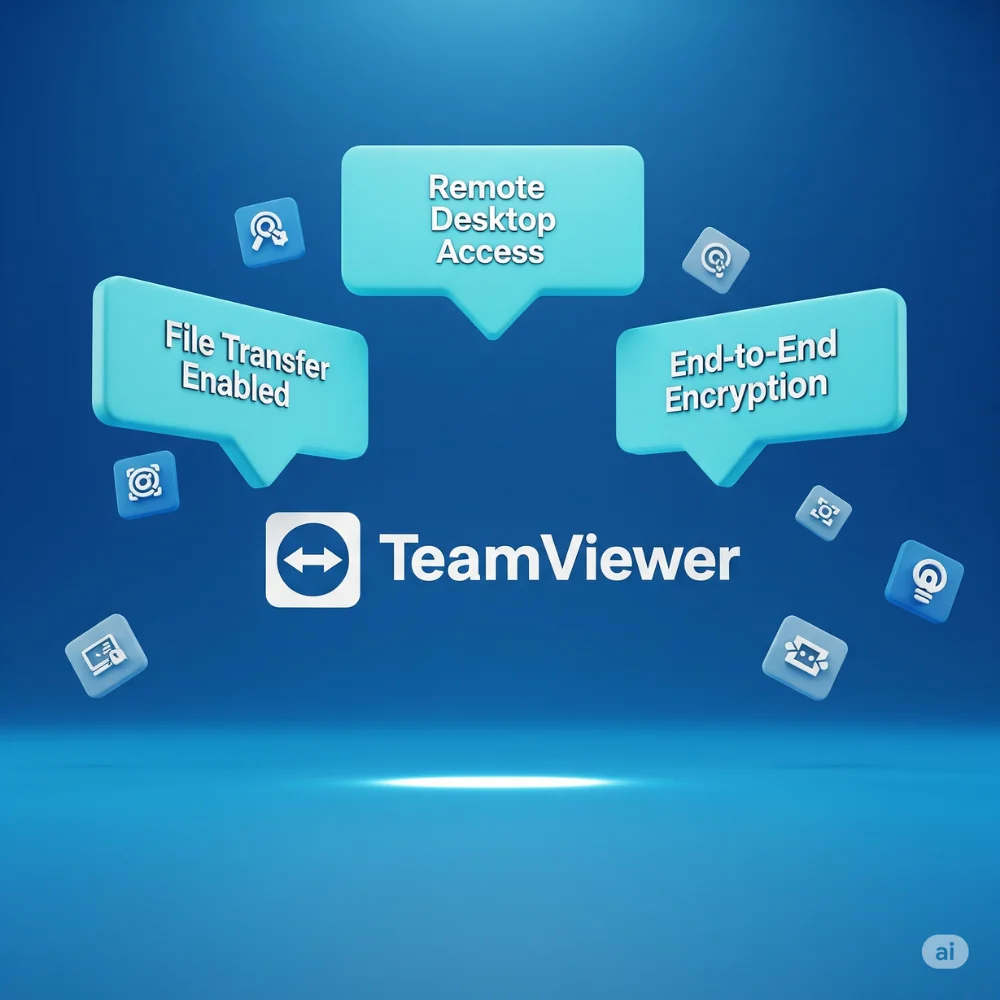
TeamViewer is one of the most popular and trusted remote access tools. It works on Windows, Mac, Linux, and mobile devices.
Key features:
- Easy-to-use interface
- File transfer support
- HD screen sharing
- Session recording
- Strong encryption
It’s perfect for businesses and individuals alike.
2.AnyDesk
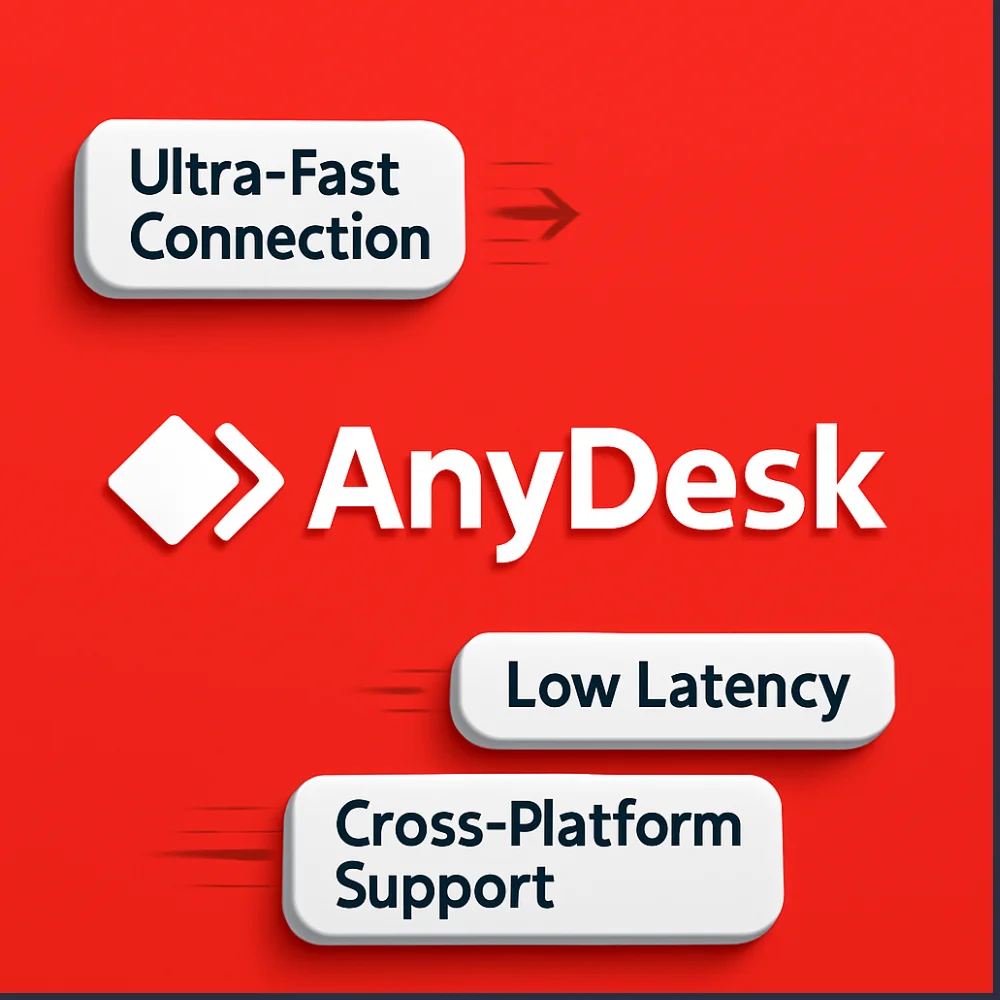
Known for its fast connection and low latency, AnyDesk is a favorite among IT professionals.
Key features:
- Lightweight and fast
- High frame rates and image quality
- Built-in file transfer
- Secure remote access
- Cross-platform support
It’s often used in both professional and personal settings.
3.Zoho Assist
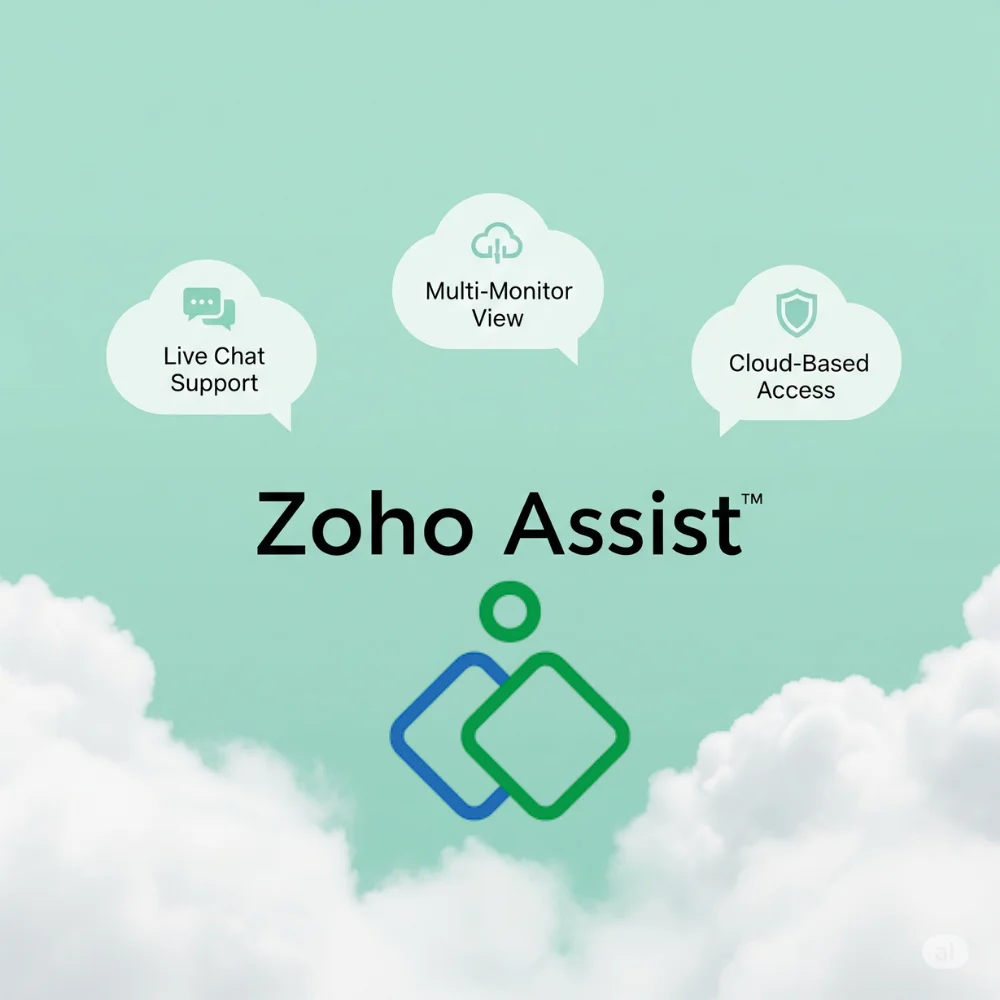
Zoho Assist is great for small and large businesses. It allows cloud-based remote access with added security.
Key features:
- Web-based access
- Multi-monitor navigation
- Live chat and file transfer
- Remote reboot and reconnect
- Two-factor authentication
Zoho also integrates well with other business tools.
4.ConnectWise Control

This tool is designed mainly for IT teams and help desks. It allows full remote control with added automation.
Key features:
- Strong security protocols
- Custom branding
- Real-time session monitoring
- Access to unattended computers
- Integration with ticketing systems
Ideal for companies with large IT departments.
5.Chrome Remote Desktop
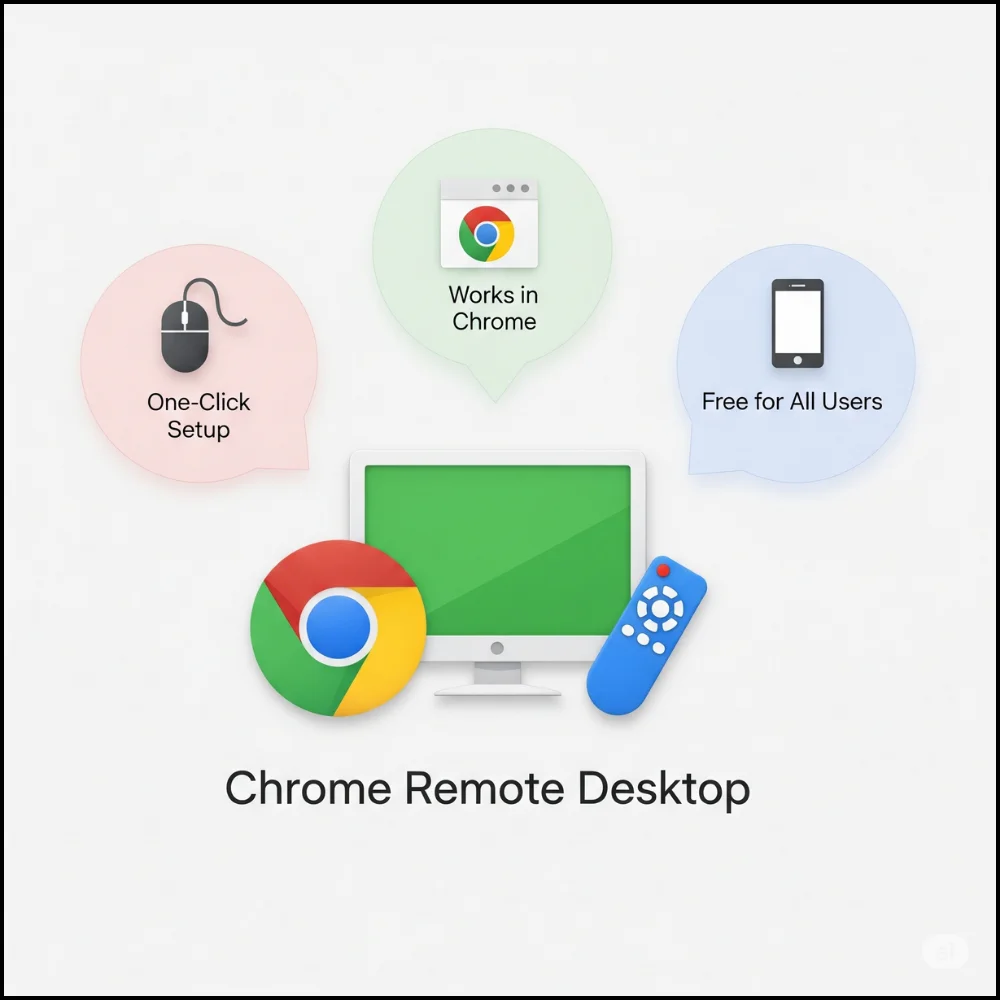
For people who want a simple, free option, Chrome Remote Desktop works directly from your browser.
Key features:
- Free and easy to use
- Access from any device
- Google account-based login
- No software installation
- Best for personal or quick tasks
It’s great for helping friends or family with basic tech problems.
When Should You Use Remote IT Support?
- You should consider using remote IT tools when:
- You can’t fix a problem yourself.
- You want quick help from an expert.
- The issue is software-related.
- You’re working from a remote location.
- Your office doesn’t have on-site IT staff.
These tools work best for problems like:
- Software errors and app crashes
- Virus or malware removal
- Printer and device configuration
- System updates or software installs
- File recovery and backups
Advantages for Businesses
Remote IT support is not just good for individuals, it offers big benefits for businesses too.
- Reduced downtime: Quick fixes mean employees can get back to work faster.
- Better productivity: Employees can get help immediately without long wait times.
- Cost savings: No need for a full-time IT team at every location.
- Remote management: IT staff can handle problems from anywhere.
- Scalability: It’s easy to grow your support system with remote tools.
Challenges and How to Solve Them?
While remote IT tools are powerful, there can be a few challenges:
- Internet dependency: No connection, no support.
- Security concerns: Allowing remote access always has risks.
- User error: Some users may not know how to give access properly.
- Privacy: Users may worry about their personal files or data.
To solve these issues:
- Use trusted tools with strong encryption.
- Educate users on how access works.
- Always get user permission before access.
- Limit access only to what’s needed.
Choosing the Right Tool
When picking the best remote IT support tool, think about:
- Your budget: Free or paid?
- Your needs: For personal use or a business?
- Devices supported: Windows, Mac, mobile?
- Security features: Encryption, user control?
- Ease of use: Can non-tech people use it easily?
Make a list of your needs and compare tools before choosing.
Remote IT Support and the Future
As more people work remotely and rely on digital tools, remote IT support will only grow. With AI, automation, and cloud computing advancing, future remote tools will become even smarter. You may see:
- Self-healing systems that fix themselves
- AI chatbots solving minor issues
- Smart alerts before problems happen
- Remote training and walkthroughs
The focus will be on faster, safer, and more personal tech support.
Tips to Get the Most Out of Remote Support
- Always update your remote tools.
- Keep your system and apps updated.
- Use strong passwords and two-factor login.
- Back up important files regularly.
- Don’t be afraid to ask your IT team questions.
Final Thoughts
Remote IT support tools are a game-changer in how we fix tech problems today. They make things easy, fast, and efficient. With the right tool and a bit of know-how, you can solve most tech issues in minutes. Whether you’re working from home, managing a team, or helping a friend, these tools are a smart way to keep things running smoothly.



